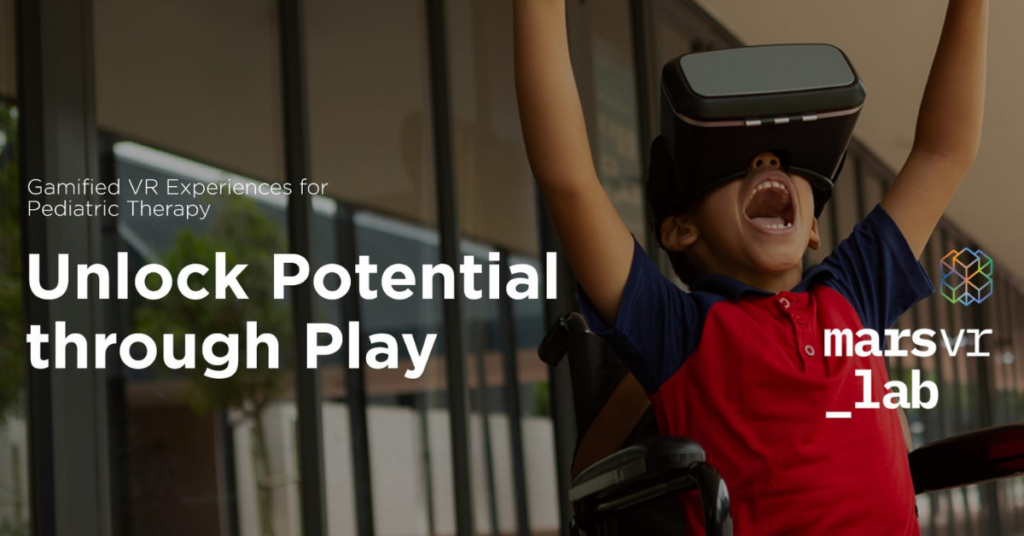
March 25, 2022
On the cusp of a new technological age, there have been countless breakthroughs that are sure to change the way we operate on a daily basis, and Virtual Reality is right at the forefront. For many, VR is still a foreign concept, but there are innovators all over the world who realize that VR has much more to offer than a good laugh when grandpa puts on the headset.
Daniel Baldwin and Shawn Greene co-founded MARS VR Lab in 2018 after seeing the potential for meaningful VR applications from their prior work at Halifax VR. Daniel and Shawn understood how kids liked to play in virtual reality, and wanted to use their skills to help people.
In March of 2020, Daniel and Shawn received an email from an Occupational Therapist named Scott Thieu, and Dr. Jordan Sheriko, a doctor at IWK who works in pediatric rehabilitation. This was truly the start for MARS VR Lab. Before they knew it, they had partnered with the IWK and began working on the XPod, a virtual reality video game and wheelchair simulation to help children acquire the skills needed to drive a real powered wheelchair. Currently in phase one of clinical research trials at IWK, the XPod world is designed to drive like a real wheelchair, giving children a realistic skill-building experience combined with the excitement of playing a video game. The XPod is designed with safety features to prevent risk and anxiety for children learning to drive a powered wheelchair. One such feature is the ability to prevent the virtual wheelchair from tipping over in early sessions of using the XPod. This allows children to enjoy skill building in a safe and comfortable environment.
After clinical research trials, the XPod will be available to the healthcare field as a whole, and MARS VR Lab hopes to eventually have the XPod accessible globally in every children’s hospital. Their mission is to make sure children everywhere who need rehabilitation have access to their products, and clinicians have the tools needed to help their patients.
Although the XPod is a revolutionary project, we are only scratching the surface of virtual reality applications in the healthcare field. It began with the emergence of telehealth, with the possibility now existing for doctors to see and treat patients remotely using VR. In a mental health setting, VR can bring patients to a safe space more easily by letting them experience a personally relaxing environment through their own eyes. VR enables end-of-life patients to visit destinations that they otherwise would not be able to because of physical or financial limitations. These are just the first steps for virtual reality in healthcare, and there is no doubt that life-changing breakthroughs are to come.
“ For MARS and for other VR companies, the future is limitless.”
– Daniel Baldwin, Co-Founder of MARS VR Lab
